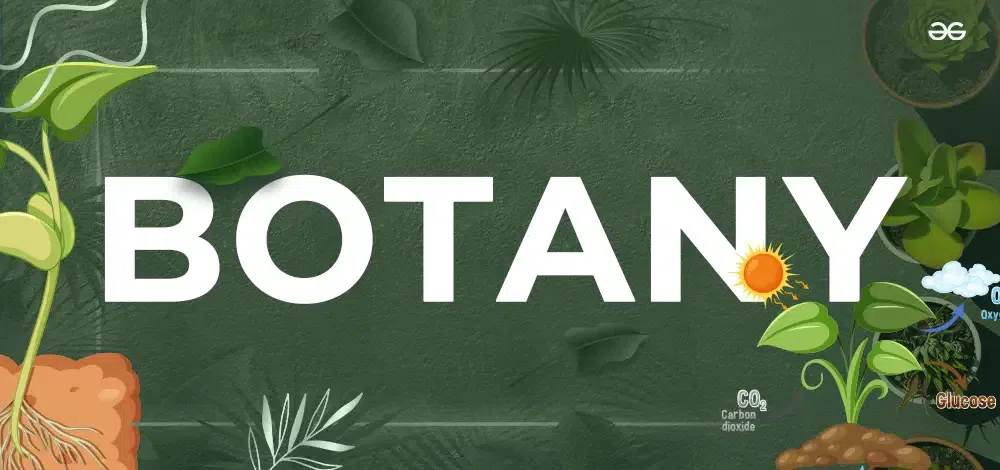From Folklore to Forests: The Enchanted Role of Plants in Human Culture
From Folklore to Forests: The Enchanted Role of Plants in Human Culture
Blog Article
Within an era dominated by engineering and urbanization, it's easy to ignore the amazing role plants perform in sustaining life on Earth. But, botany are far more than just a history to our daily lives—they're vital to the well-being of both the surroundings and humanity. From purifying the air we breathe to promoting intellectual wellness, crops are the unsung guardians of our planet's health.

The Vital Role of Crops in the Ecosystem
Flowers function as the backbone of Earth's ecosystems, offering numerous benefits that sustain life. They generate oxygen through photosynthesis, a procedure where flowers convert sunlight in to power and launch oxygen as a byproduct. That normal occurrence is essential for individual success, as well as the survival of numerous different species.
Beyond oxygen production, crops also become organic carbon sinks. In the facial skin of environment change, crops absorb large levels of co2 from the atmosphere, assisting to mitigate the consequences of global warming. Trees, as an example, have been proven to keep more carbon inside their biomass, making them critical people in the fight climate change.
Furthermore, plants are essential in maintaining land health and preventing erosion. Their sources support the soil, lower runoff, and improve water retention. This produces a balanced atmosphere that helps biodiversity and helps control regional climates.
Crops as Heart Nourishers
Equally, the ancient Greeks and Romans attributed numerous heavenly features to plants, from the laurel wreath that symbolized triumph to the olive pine representing peace and prosperity. In many indigenous cultures, plants like sage and plank were found in washing rituals, believed to purify spots and spirits.
On a psychological level, crops also provide a profound effect on human health. Research has shown that simply being about greenery may minimize tension, increase imagination, and improve overall mood. Whether it is a houseplant on your own windowsill or a walk via a lush park, the presence of plants has a calming effect on the mind.
Flowers also lead to better air quality. Many interior flowers can filtration contaminants, such as for instance benzene, formaldehyde, and ammonia, purifying the air and making a healthy residing environment. The beneficial characteristics of crops, both indoors and outside, aren't only scientifically guaranteed but will also be celebrated by cultures worldwide.

Realization
The calm, yet strong, impact of flowers on both planet's ecosystems and human well-being can not be overstated. Once we continue to handle environmental and emotional health challenges, it's important that we identify crops as correct "green guardians"—accurate covers of the World and healers of the human spirit. Let's continue steadily to foster, defend, and celebrate the incredible power of plants, ensuring a successful world for potential generations. Report this page